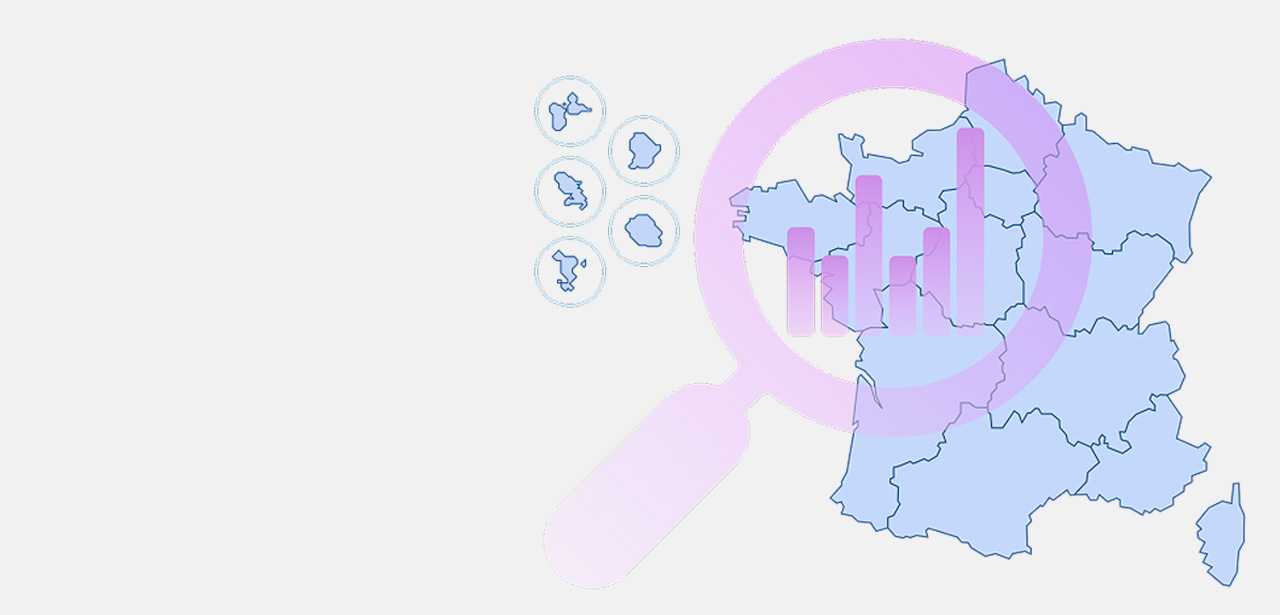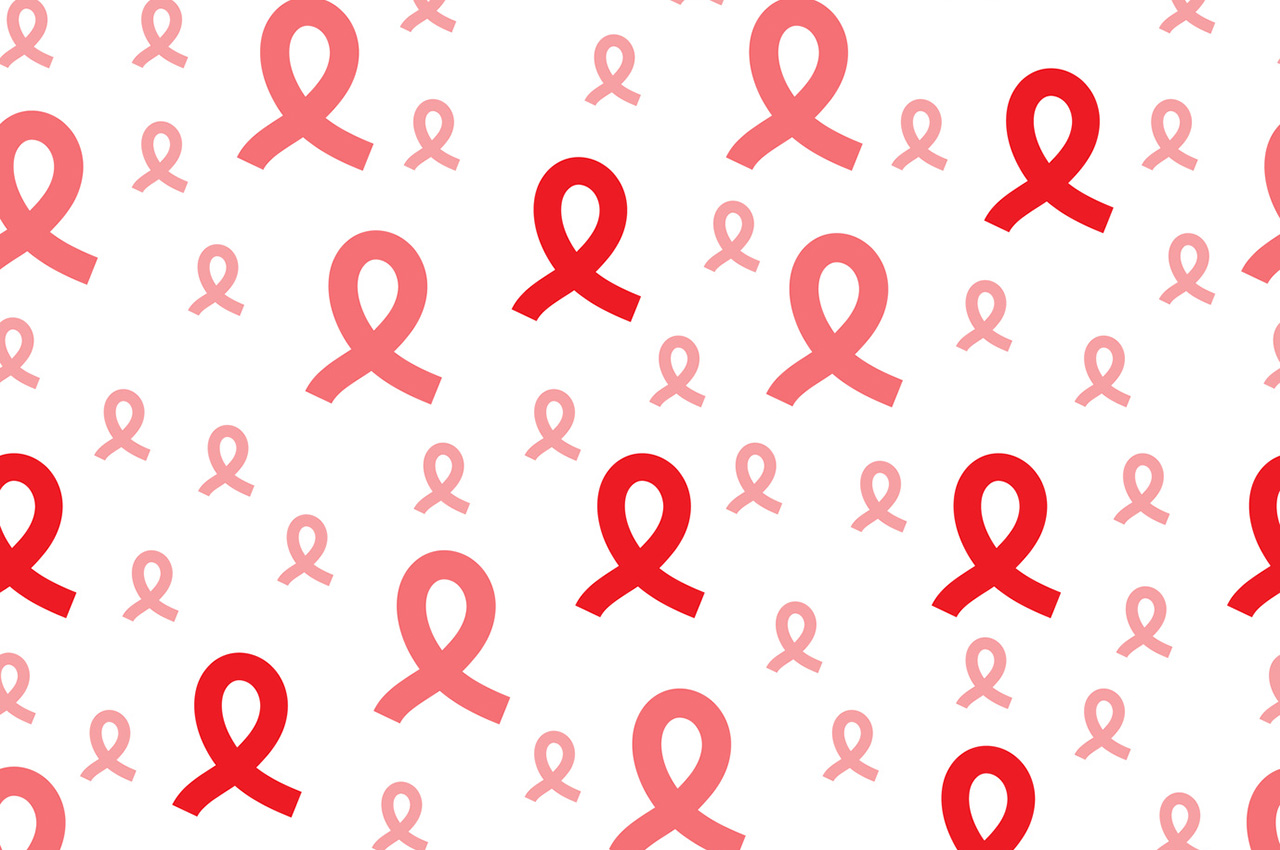BACKGROUND:Increasing evidence suggests an association between short sleep with adverse health outcomes: obesity, type 2 diabetes and hypertension. But there are few or no data on "who these short sleepers are" in the general population. OBJECTIVES:To describe short sleepers and the associated sleep disorders in young adults. METHODS: Cross-sectional telephone survey in a representative sample of 1004 French young adults (25-45 years old). Total sleep time (TST), insomnia, snoring, sleepiness and daytime consequences were assessed using subjective validated tools. Short sleepers were defined as sleeping 10h per day, smoking and drinking coffee after 5p.m. were also significantly associated with short sleep. Short sleepers had higher Epworth sleepiness scale ESS scores (7.8 vs 6.7; p = 0.0058) and more sleepiness while driving (11.5% vs 2.9%; p < 0.0001). CONCLUSION: Short sleep is highly prevalent in young adults but is not an homogeneous group, including both insomniacs and subjects with or without sleep debt. Short sleep has to be defined more precisely in order to better understand its impact on public health. [Résumé auteur]
Auteur : Leger Damien, Du roscoat Enguerrand, Bayon Virginie, GUIGNARD Romain, Paquereau Joel, Beck Francois
Sleep Medicine, 2011, vol. 12, n°. 5


